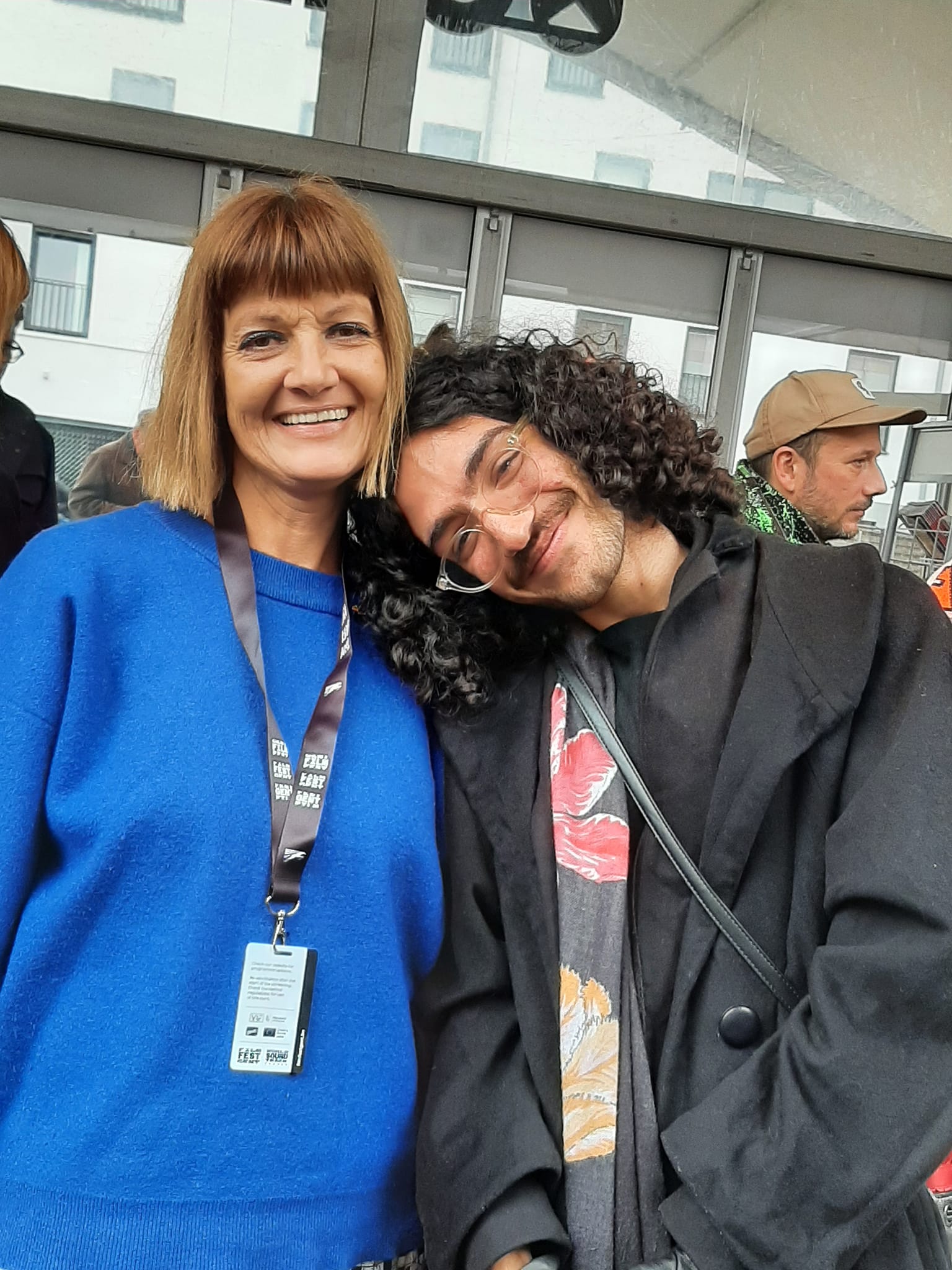At this year’s Gent Film Fest, I was puzzled by the idea of understanding the essence of short film. It’s not that I don’t love it. But it’s hard for me to watch several short films in a row, each time emotionally connected to a theme, usually completely different. Likewise, I’m not a big fan of the jumble of tiny dishes and flavours in Michelin-level restaurants. It leaves a strange, scattered, confused aftertaste.
So I went to the Short Film Award Ceremony and saw the faces of young filmmakers with burning eyes. The long metre is expensive to produce and traumatic to pitch (though formulating ideas for your future ditty is helpful). There’s a political aspect as well. In countries with authoritarianism or dictatorship, peripheral directors who shoot on ‘ideologically correct themes’ or light vaudeville films receive funding. Documentary film is particularly affected.
A young director from Iran, Saleh Kashefi, took part in the international programme of the Gent Film Fest with his short, only 7-minute film ‘And How Miserable is the Home of Evil’. In our interview, the charismatic brunette with the curly hair dotted all the i’s in my understanding of short films. It’s the only chance for your voice to be heard, but you don’t depend on your producers’ money, however democratic it may be. Today he lives in Switzerland.
Saleh is an underground audiovisual artist whose work offers a cliché-free look at contemporary Islamic youth culture. His cinema is, as he puts it, ‘no-budget’ but has received wide international recognition. He has participated in festivals such as Cannes, Berlin, Venice, etc. Winner of the Prince Claus Seed Awards, he has directed 16 short films that have played in over 100 film festivals around the world and won 31 awards. That said, he doesn’t write the script before filming. The action develops on its own when the camera is switched on. Saleh only captures life on screen.

